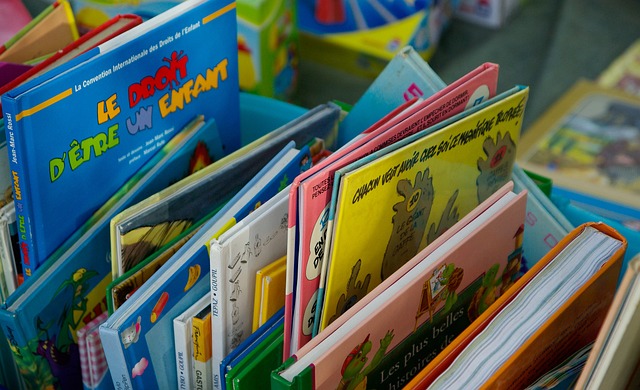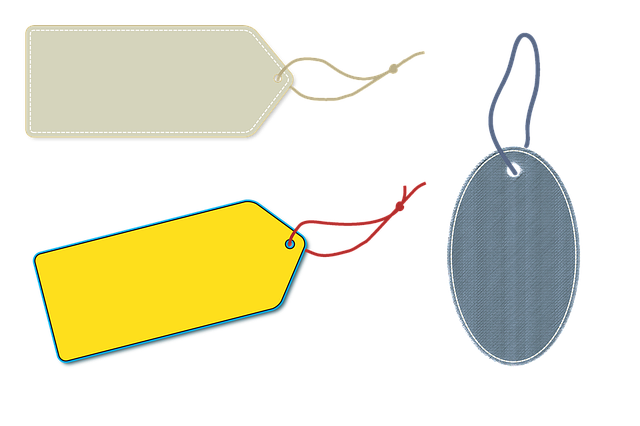Enhance Your Yard: The Advantages of Leaf Collection and Mulching Services for Efficient Yard Waste Management
Yard waste removal and recycling are essential practices for maintaining healthy landscapes year-ro…….

Yard waste removal and recycling are essential practices for maintaining healthy landscapes year-round. Professional services effectively manage fallen leaves, preventing them from creating a harmful layer that can inhibit grass growth and encourage pathogen growth over winter. These services often include recycling programs that transform leaves into nutrient-rich compost or mulch, which benefits garden soil and reduces waste sent to landfills. Mulching also supports soil health, moisture regulation, weed suppression, and insulation for the lawn, while promoting eco-friendly practices. Homeowners can contribute to environmental sustainability by regularly collecting yard waste and opting for composting or on-site mulching instead of bagging, thus adhering to sustainable waste management strategies and local regulations. Yard Waste Removal and Recycling programs are a testament to the collective commitment of individuals and communities to responsible environmental stewardship and to achieving broader sustainability and community well-being objectives.
Maintaining a pristine and healthy yard is a year-round commitment, particularly as autumn leaves fall and accumulate. Efficient yard waste removal and recycling through leaf collection and mulching services not only enhances your landscape’s aesthetics but also contributes to environmental sustainability. This article delves into the benefits of these services, elucidates the process behind yard waste handling, and offers best practices for residential areas. Discover how professional yard waste removal and recycling can optimize your maintenance efforts and promote a greener environment.
- Optimizing Your Yard Maintenance: The Benefits of Leaf Collection and Mulching Services
- Understanding the Process of Yard Waste Removal and Recycling
- Best Practices for Effective Leaf Collection, Mulching, and Recycling in Residential Areas
Optimizing Your Yard Maintenance: The Benefits of Leaf Collection and Mulching Services

Engaging in regular yard waste removal is pivotal for maintaining a healthy and aesthetically pleasing landscape. Professional leaf collection services are adept at efficiently gathering and disposing of fallen leaves, which not only enhances the appearance of your property but also prevents the formation of a thick, suffocating layer that can inhibit grass growth and harbor disease-causing pathogens over winter. These services often include yard waste recycling programs where leaves are composted or mulched, thereby transforming what could be considered waste into nutrient-rich material that benefits your garden soil.
Mulching is another vital service in yard maintenance, offering substantial advantages for both your lawn and the environment. By returning organic matter to the soil through leaf mulching, you’re adding valuable nutrients and improving soil structure, which promotes healthy plant growth. Additionally, a layer of mulch helps regulate soil moisture, suppresses weeds, and can even provide some insulation for your yard during cold seasons. The process of mulching leaves also contributes to waste reduction by diverting them from landfills, making leaf collection and recycling services an environmentally responsible choice for your yard maintenance needs. Yard Waste Removal and Recycling services thus offer a comprehensive solution to keep your outdoor space thriving while promoting sustainability.
Understanding the Process of Yard Waste Removal and Recycling

Yard waste removal and recycling play a pivotal role in maintaining the health of ecosystems, contributing to sustainable practices, and facilitating the reuse of organic materials. The process begins with the collection of yard waste, which typically includes grass clippings, leaves, brush, and tree trimmings. Residents can participate in municipal programs that offer designated pickup days or drop-off points where such materials can be deposited. It is crucial for residents to adhere to the guidelines provided by local waste management authorities to ensure the smooth operation of these services.
Once collected, yard waste undergoes a recycling process that transforms organic matter into beneficial products. This is achieved through composting or mulching, both of which break down organic materials and convert them into nutrient-rich humus or mulch, which can then be used to enrich soil, conserve moisture, suppress weeds, and reduce the need for chemical fertilizers. These recycled products not only aid in plant growth but also help in reducing landfill waste and promoting a circular economy within local communities. Understanding this process and utilizing these services effectively contributes to the broader goals of environmental sustainability and community well-being.
Best Practices for Effective Leaf Collection, Mulching, and Recycling in Residential Areas

Effective leaf collection and mulching are crucial for maintaining the health and aesthetics of residential areas during the fall season. Homeowners can optimize their yard waste removal and recycling efforts by following a series of best practices to ensure efficiency and environmental sustainability. Firstly, regular raking and collection of leaves prevent them from decomposing into the soil, which can suffocate grass and other plants. Utilizing a lawn sweeper or vacuum is recommended for efficiently gathering leaves, reducing the amount of yard waste that needs further processing.
Once collected, mulching leaves transform organic matter into nutrient-rich compost, which can be used to enrich garden soil. Mulching also minimizes the volume of yard waste sent for recycling or disposal. Residents should employ a high-quality mulching mower or leaf shredder to break down leaves into smaller pieces, which speed up decomposition and enhance the decomposition process. Additionally, leaving a thin layer of leaves on the lawn can act as insulation, protecting grass roots from extreme temperatures. It’s advisable to avoid bagging all leaves for collection, as this can contribute to landfill waste. Instead, composting or mulching on-site should be prioritized to reduce environmental impact and promote soil health. Yard waste removal services often provide guidelines on what can be recycled, ensuring that the process aligns with local waste management policies and contributes positively to community sustainability efforts.
Effective yard waste management through leaf collection and mulching plays a pivotal role in maintaining healthy landscapes and promoting environmental sustainability. By utilizing professional leaf collection and mulching services, homeowners can optimize their yard maintenance, ensuring that organic matter is efficiently recycled back into the soil, thereby enriching it and reducing the need for additional fertilizers. Understanding the processes behind yard waste removal and recycling offers a clear view of the positive environmental impact of these practices. Adhering to best practices in leaf collection, mulching, and recycling within residential areas not only enhances the aesthetic appeal but also supports the broader ecosystem. Homeowners are encouraged to engage in these services as part of their regular yard upkeep to reap the benefits of a more sustainable and vibrant outdoor space. Yard waste removal and recycling are integral components of responsible environmental stewardship, ultimately contributing to the health and well-being of our communities and the planet.





